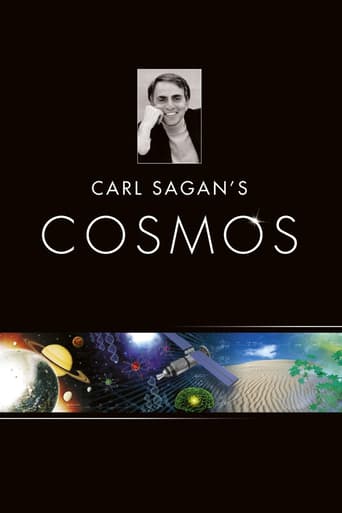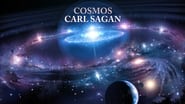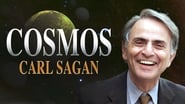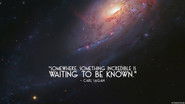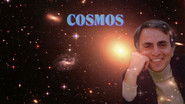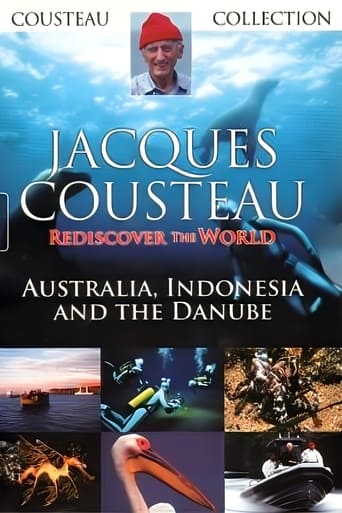Un Zievereir
Delightful, entertaining and stimulating show that seems to sprinkle dust from ancient history and "Le Matin des Magiciens" onto the more obvious areas of theoretical physics and the established sciences.His delivery is quite unique with a manner of speaking in slow and oddly placed stretches of vowel sounds. But this only gives the man more appeal for many viewers, including myself. His knowledge appears profound in physics and he has a broad range of interest in other domains. However, some notable blunders are made in the areas of ancient history, biography and philosophy. His appeal has many facets. One could criticise him for reducing complexities or innovative thinking to base concepts and mundane demonstration. But I think this is part of his strength; to encourage, introduce and develop young or unexposed minds to the wonders of the Cosmos. Personally I find the man very affable, bright, and clear (even when considering the wide range of subjects he deals with.) He has a unique place in documentary making. He is both establishment and innovative, regressive and progressive, open minded and close minded. Like most men of character, his contradictions are evident everywhere.A thoroughly enjoyable program by one of the great individuals of the postwar generation.
nassosk
I first came across this series a few (maybe 5) years ago. When I started watching it I knew nothing about who Carl Sagan was, what he had done for space science, or anything else related to him or his work.I have to admit that it wasn't easy to pick up. I mean here you are, waiting to watch a 30-year-old documentary about space/universe etc, and this guy starts off and goes on and on about species and natural selection.Before I go any further, let me just say that ever since I watched it, Carl Sagan became one of my top-3 most notable history personalities. What a breathtaking, all-revealing, larger-than-life experience! If I had to compose a scenario on how to describe this world (and others!), I would never had come up with the right questions as he has. Well, Carl Sagan, nothing short of a genius, has created a series that will ALWAYS be relevant, no matter what science discovers in the years to come, making visual effects irrelevant, and involving each and every one spectator as much as a "documentary" possibly could.No, this is not a documentary - this is a "personal voyage". Do not miss it.
qasdfghj
You may not learn particularly much from watching this series, but I still would recommend it to anyone seeking to be reminded of why the universe is so spectacular and worth our time to study.Carl Sagan was truly a pioneer in his times, making his profound appreciation accessible the general public. I think the true charm of this series is his own personal meanderings and philosophizing. The downside is that you feel like each episode has about 10 endings, each one a false alarm... due to his language feeling so "epic" and poetic, it's almost too much.However, the old sets are silly and fun to watch. And the questions he poses are as relevant as ever. Enjoy.
sam-965-78538
basically everything has been said here, this is sort of an epic series. No matter if you like the topic or don't, its one of those thing that boarders perfection. Through this "epic journey" Sagan educates us on the true meaning of life, and the importance that each individual has to the contribution to the universe. Probably the most astounding thing about this film is the fact that it was made in the late 70s, and its facts still hold true today. Carl was a visionary that we will all miss, bit this mini series will be one of those documentaries that will stand the test of time. Its sort of the only documentary i have ever seen that truly does not have a bias, its just there for the betterment of mankind. In the end "we are all star stuff."
